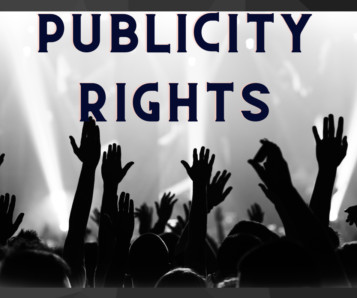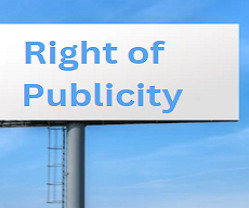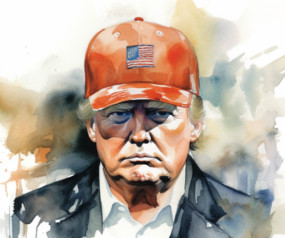Publicity Rights: An analysis of Amitabh Bachchan V. Rajat Nagi & Ors.
Intepat
MAY 16, 2023
The Trade Marks Act, 1999 governs trademark law in India and provides for the registration, protection, and enforcement of trademarks. 14 provides that if anyone files an application for the registration of a trademark, the consent of the living person must be taken and it should not be falsely or fraudulently obtained.













Let's personalize your content